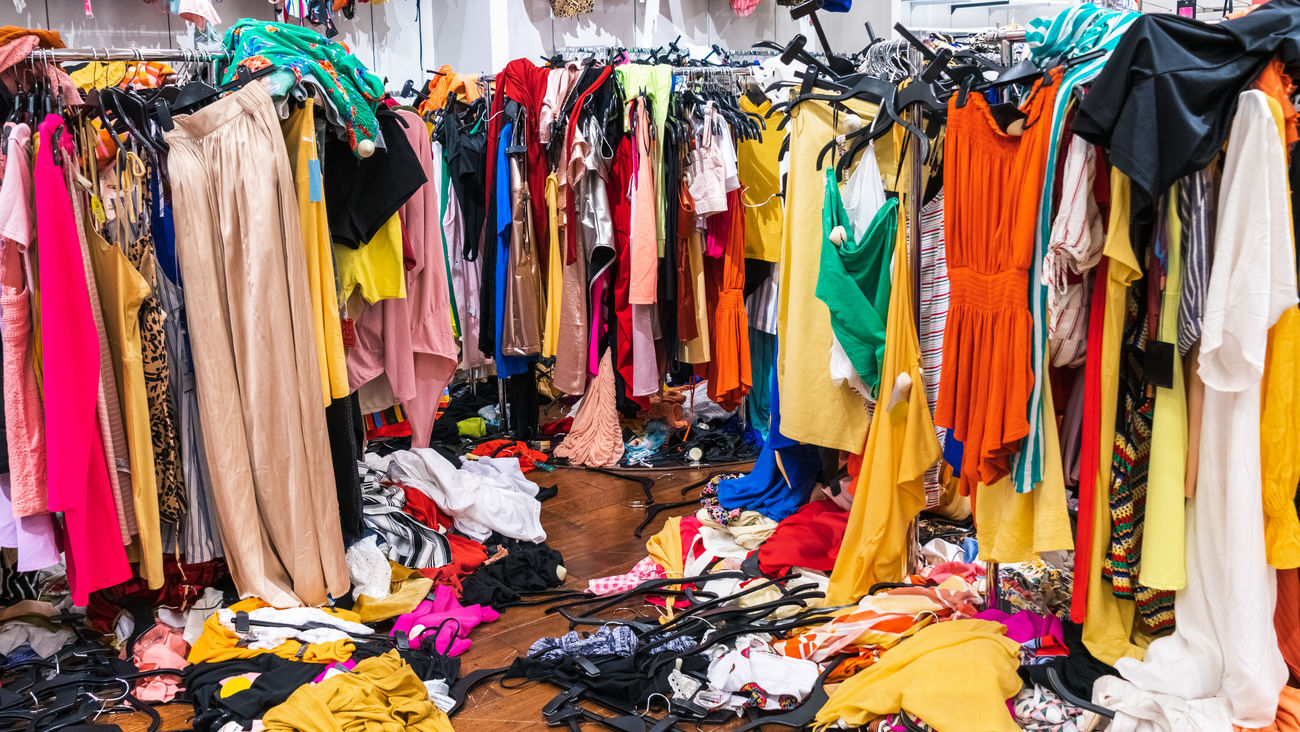Sustainable and Responsible Investing
Even less sustainable than Fast Fashion: Ultra-Fast Fashion

Sustainable and Responsible Investing

Founded in 2008 in China, Shein is representative of this Ultra-Fast Fashion trend. Although its name, origins and inner workings are still a mystery (the company is not listed), Shein is now making a name for itself in the ultra-cheap online fashion sector, particularly in the US where its sales in 2021 greatly exceeded those of H&M and Zara. Due to the combined blows of the Covid pandemic and aggressive competition, Zara saw its turnover tumble by 70% in 2020 and H&M closed 250 shops in 2021.
Shein and its competitors Boohoo and ASOS are proving particularly popular with the younger generation of consumers, Generation Z. One of the main keys to Shein’s popularity is its expertise in Gen-Z codes. The company has completely digitalised its commercial strategy. Its app is one of the most downloaded in the world, and its website is more visited than those of Nike, H&M and Zara. Its communication consists mainly in the use of social media such as YouTube or TikTok with the involvement of world-renowned influencers. As the Ultra-Fast Fashion players do not have physical shops, their target customers are only shopping online. This is known as “real-time retail”. Using advanced digital marketing and a highly flexible supply chain, Shein designs and manufactures tens of thousands of items in less than a week — clothing that is available almost immediately online at unbeatable prices.
Producing so many items, of such poor quality, at such low prices and in such a short time frame inevitably causes social and environmental repercussions. Since the Rana Plaza tragedy in 2013*, the sector has continued to be plagued by controversy: dangerous working conditions, miserable wages, child labour, forced labour, etc. The recent Boohoo scandal illustrates the impossible challenge of combining ultra-cheap fashion with minimum ethical standards. An investigation by the Sunday Times in 2020 revealed that workers employed by the brand’s suppliers in the Leicester area of the UK were being paid £3.5 – £4 per hour, well below the legal minimum, and forced to work at the height of the Covid pandemic without adequate protection. Due to its model of hyper-consumption of barely worn clothes, the environmental impact of Ultra-Fast Fashion is catastrophic, both in terms of resources used (water, cotton, etc.), waste and CO2 emissions produced, given that the fashion sector is highly polluting (10% of global CO2 emissions).
* Rana Plaza is the name of a factory in Bangladesh where thousands of small suppliers work in very poor conditions for major textile brands. The collapse of the factory killed 1134 people on 24 April 2013.
On a more positive note, there is an increase in awareness on both the demand and supply fronts. According to a McKinsey report, consumer attitudes have changed since Covid and 57% of consumers say they are looking to dress in a more sustainable way. This translates into growth prospects of over 10% for the sustainable fashion market by 2023.
Initiatives to encourage more sustainable production and consumption are on the rise in the fashion industry, including major Fast Fashion-labelled brands such as H&M. The Swedish company is now focusing on the circular economy, a commitment that is reflected in a series of ambitious targets (e.g. 100% recycled or sustainably sourced materials and products by 2030). Other older brands, such as the iconic Patagonia, and more recent ones, such as the French shoe brand Veja, manage to combine profitability with sustainability. Totally outside the Fast Fashion model.
This publication is prepared by Mirabaud. It is not intended to be distributed, disseminated, published or used in any jurisdiction where such distribution, dissemination, publication or use would be prohibited. It is not intended for people or entities to whom it would be illegal to send such publication.
Read more
Learn more about our SRI approach.
Continue to
Sustainable and Responsible Investing
